Community Gateway
Back to Gateway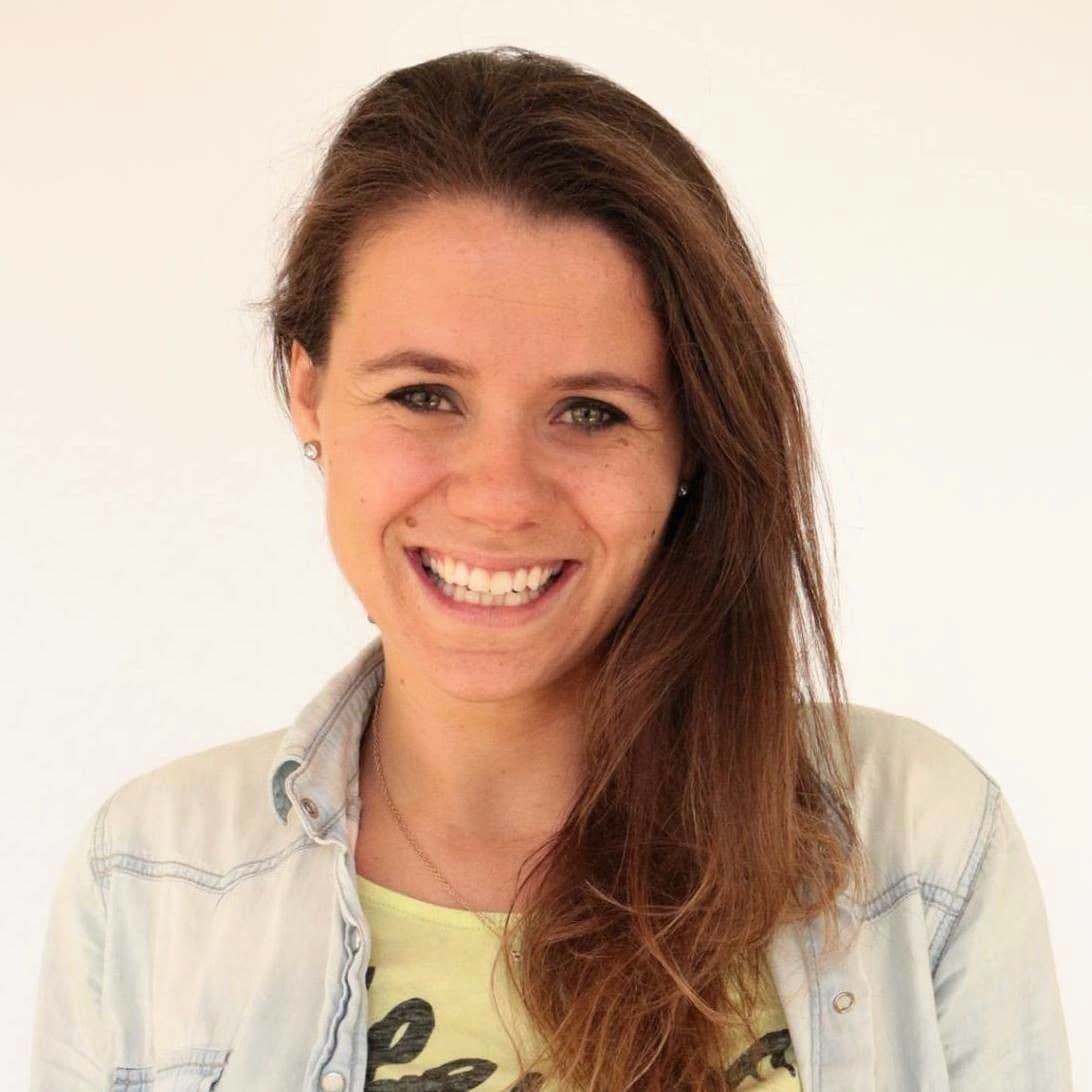
I'm from Rome. My parents are both Italian. They have always been hardworking and somehow connected to the international world. My father was a professor of architecture at the University of Rome, and he had contact with other countries, including the U.S. My parents wanted me to have an international education, so I attended international schools from age ten and then came to St. Stephen's.
St. Stephens was a wonderful experience. It submerges you into Rome as a city; you get an American high school experience with the added benefit of an International baccalaureate program. So it's a unique experience, not replicable by any other school. Socially, you get to bond and interact with people from all over the world. And St. Stephen's is in the center of Rome, the cradle of Western civilization. For anyone with experience in the city, it's impossible to forget because it's so unique and therefore special.
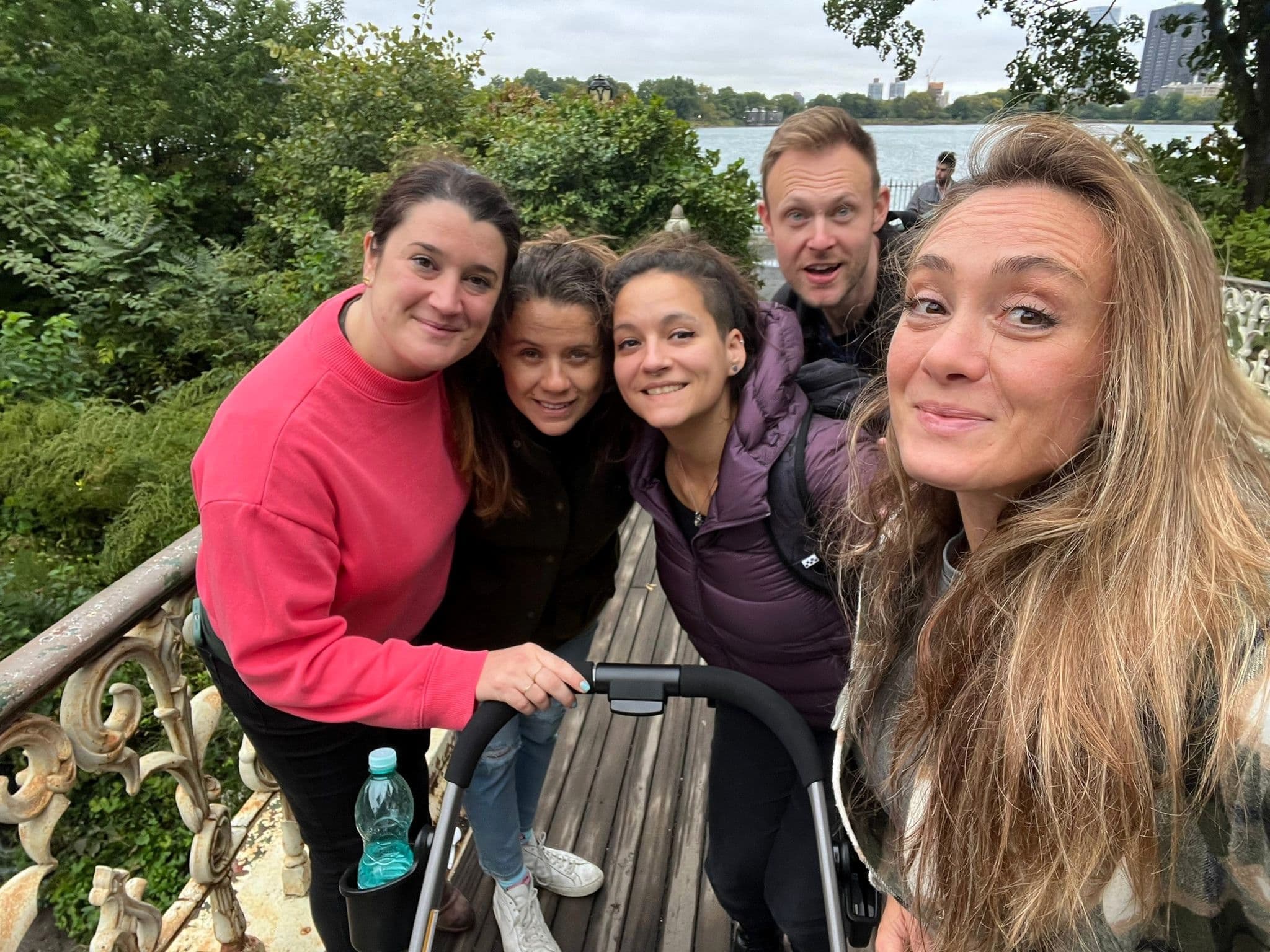
After I graduated from St. Stephen's in 2005, I went to study economics for arts, culture, and communication at Bocconi [University] in Milan. It was a new program. I did an Erasmus in Paris. Then, I got a master's in marketing. During my master's, I went to Queen’s University in Kingston, Canada. I did another exchange at Fudan University in China. To graduate from Bocconi, you had to do an internship. I was utterly obsessed with New York City… I think a lot of people are at some point; you watch movies, see the news, and want to go to New York. So, I came here and worked for a PR agency for three months. I realized I had to come back to New York.
I returned to Milan and graduated with my master's in October 2010. Five days later, I was on a plane to New York. I started to look frantically for a job and received three offers. I picked the one I liked the most, to work for a boutique editing studio. They mainly edited commercials for ad agencies but wanted to evolve into a production studio and eventually become an ad agency themselves, and they needed someone to develop the business. I started working as a business developer for them. I saw how an advertising set worked, how everything was put together, and I absorbed everything. While in New York, I won the green card lottery, a heavenly gift because I was 24 and could decide what I wanted to do. I looked at the company where I worked and saw they hired people for projects, and then they marked up the final cost to their clients, so I thought, "That's how you do it!" So, I left and entered a program for people who want to start their businesses run by the U.S. Small Business Administration. I soon opened my own company.
At that point, social media was new and hot. Facebook pages were just being born, and I was on top of it. I created a website with my best friend from St. Stephen's, Francesca Bianchi. She had studied design in Australia and Brighton, so she handled the web development and branding, and I took care of PR and social media. We decided to offer five areas of communication: branding, social media, PR, web development, and soon video production. We started talking to business owners we knew and created a portfolio; we went to events and told people about our company, The Creative Shake. Our logo was supposed to resemble a milkshake, but it also looked like a bit of poop. So it was funny. We got our first clients and grew enormously; we had six employees in three years!
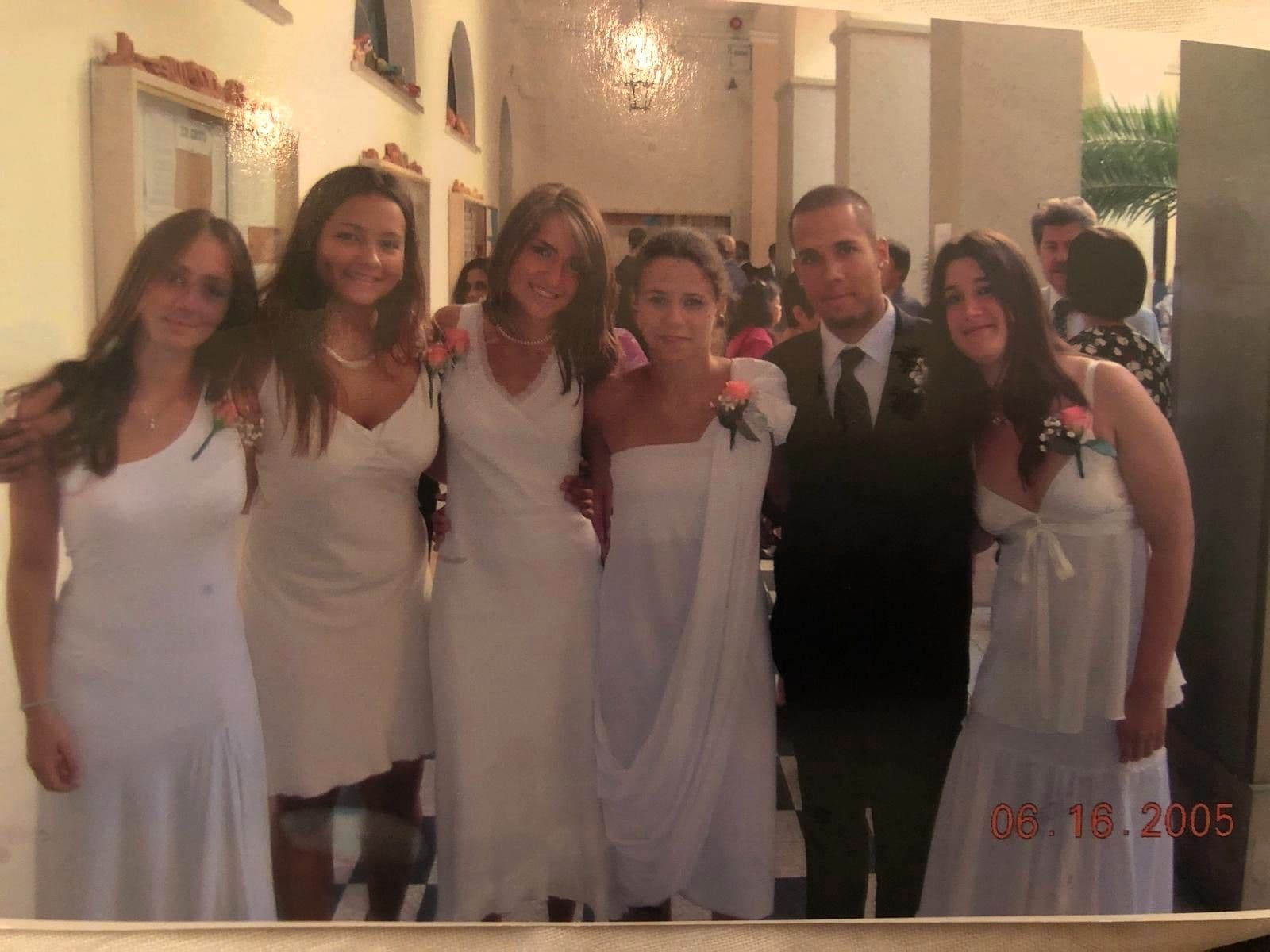
In 2020, Francesca and I lost almost all our clients. I found myself at home with my then boyfriend, Gabriele, also from Rome. He studied chemistry, but he has always been passionate about pizza. During the pandemic lockdown, he began making pizzas at home. We started making videos while he cooked and posting the pizza to Instagram… our friends asked for pizza, so we started delivering it. Then, one day, we made a friend a potato rosemary pizza, which is a typical pizza in Rome, and in exchange, she sent us cocktails. It was so much fun that we decided to start bartering our pizza. I started pitching our story to different outlets, and finally, the New York Post picked it up organically, and the story exploded. In the meantime, Gabriele had signed a lease for a pizzeria in Union Square in New York. We opened Unregular Pizza on May 18, 2021, and it was a success. It was hard because it was still post-pandemic, but we had good foot traffic. We offer Roman-style pizza with high-quality ingredients, mostly imported from Italy, with a twist. The emblem of Unregular Pizza is the "cafonata" pizza; "cafonata" means "tacky" in Roman slang. We use tomato sauce, with tomatoes imported from Italy, a whole burrata, 'nduja sauce, honey, and tomato paste. We would have failed in the second week of opening in Italy! What followed was a series of openings. We had a second opening in Essex Market and a third opening on 37th between Fifth and Madison — half a block from my first apartment, where everything started during the pandemic.
The pizzeria led to another food concept called "Unregular Bakery." It's the same concept as the pizzeria: high quality, primarily Italian ingredients, but with a twist. We have bomboloni, which are Italian donuts filled with everything you can imagine, and all the shapes are "unregular" on purpose. They're irregular, of course, but Gabriele created an erroneous term that would stick with people.
We have four businesses, and we're looking to expand these fast-casual concepts as much as possible, like the Shake Shack of bakeries and pizza. And it works; my husband is obsessed with food, and I know about business development and communication.
I also work with a company called Welcome to Times Square. When the pizzeria first opened, I was contacted by Welcome to Times Square, which invited me to rent their billboard to advertise our pizzeria in Times Square. I explained that we were opening and couldn't pay them, but I offered a swap. We made a special pizza called "Welcome to Times Square" with a burrata on top that resembled the ball drop, and, in exchange, they advertised our pizzeria on their billboard. I ended up meeting the owner, Jaime Suarez, and working with him. After a year of working for him, he put me in charge, and we developed a new service where anyone can submit a video or photo from their smartphone to our billboard in Times Square for $150, and it will play for an entire day for 15 seconds/hour. It was a huge success, and it has become one of our most popular services.
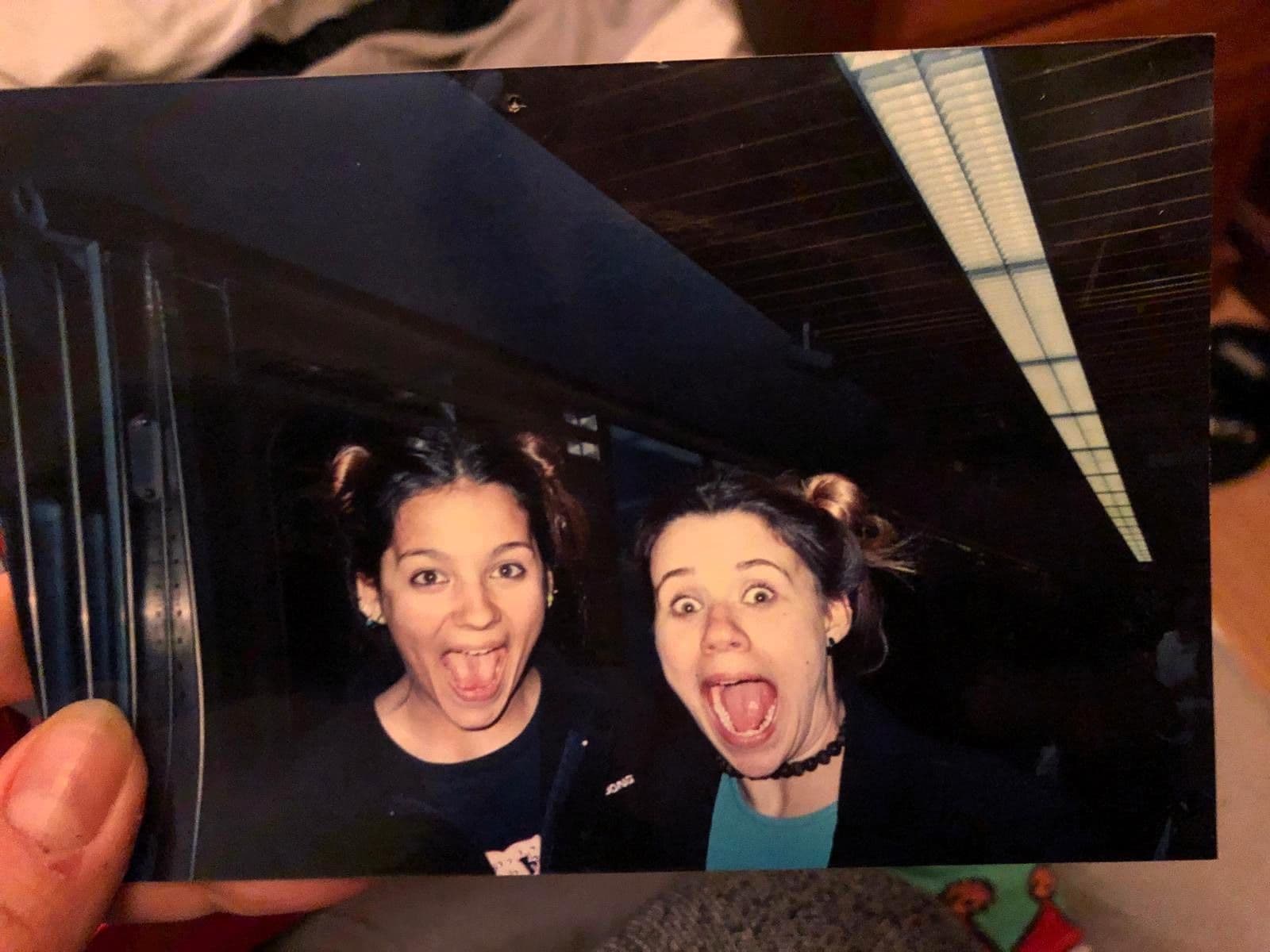

In 2015, I realized that I had a quiet passion for cinema. I had always liked going to the movies two or three times per week and, at home, I watched movies one after the other. I realized I had to do something about it. I decided to start making videos with the Creative Shake. I saw that an ad agency in Milan made a viral video — that was very successful — about an app that didn't exist that helped you find public bathrooms in Milan. I contacted the company and asked to shoot the same thing in New York. The agency in Milan agreed. I created a website and a press release announcing the app and decided to see how it went to use it as a case study for my clients. Once the press release was published, it blew up. Forbes called, and the journalist wanted to know how many daily users we had… I had to tell them it wasn't real or fake, so they couldn't write the article, but Money magazine did publish AirWC, and that experience made us realize we needed to start making videos.
We made a few videos like this and also worked with a few known music artists, and I realized I wanted to do something in cinema. I started learning how to make a movie: I read books about how to write short films, wrote a script, and launched a Kickstarter campaign. I raised money and even received regional funds to shoot a movie in Basilicata. I based much of my story on Lucania because my father is from there; I know the area well, and it's still very rural, disconnected from big city life. That first short film, Without, made it into the Nastro d'Argento Italian film festival.
One day, while I was on the set of this first film, I read an article about The Little Prince entering the public domain. I thought, "I can do something with this." The Little Prince is a book that has accompanied me throughout my life. It was presented to me when I first started studying at an English school. They made me read it in French. I reread it while living in Paris. So, I decided to write a film based on The Little Prince, which became The Color of the Sun: a live-action adaptation of The Little Prince, set in New York City. Instead of traveling from one planet to the next, a mysterious young man lands in New York City and travels from one borough to the next, meeting New York inhabitants. The project has turned out to be extremely difficult because The Little Prince is in the public domain in most of the world but not in certain countries such as the U.S. and France, which, as the heart of the global film industry, and the birthplace of The Little Prince, are essential markets for this film!
Seven years have passed, and I won't stop until I make this movie. I plan to go into production as soon as possible. I've raised $100,000 on Kickstarter and $150,000 in private investments, and now I am just looking for someone crazy enough to move forward without these two markets. It's been an intense roller coaster. I have some exciting actors attached to this project, including Michael Imperioli from White Lotus, Luis Guzman from The Count of Monte Cristo and Narcos, and Waris Ahluwalia, who has done many Wes Anderson movies. Interestingly, all the people involved are people I managed to approach through things I did in the past or because I had met them. Keeping in touch is so important. This project has led me to write the book for the movie while everything is a work in progress: The Little Prince in NYC.
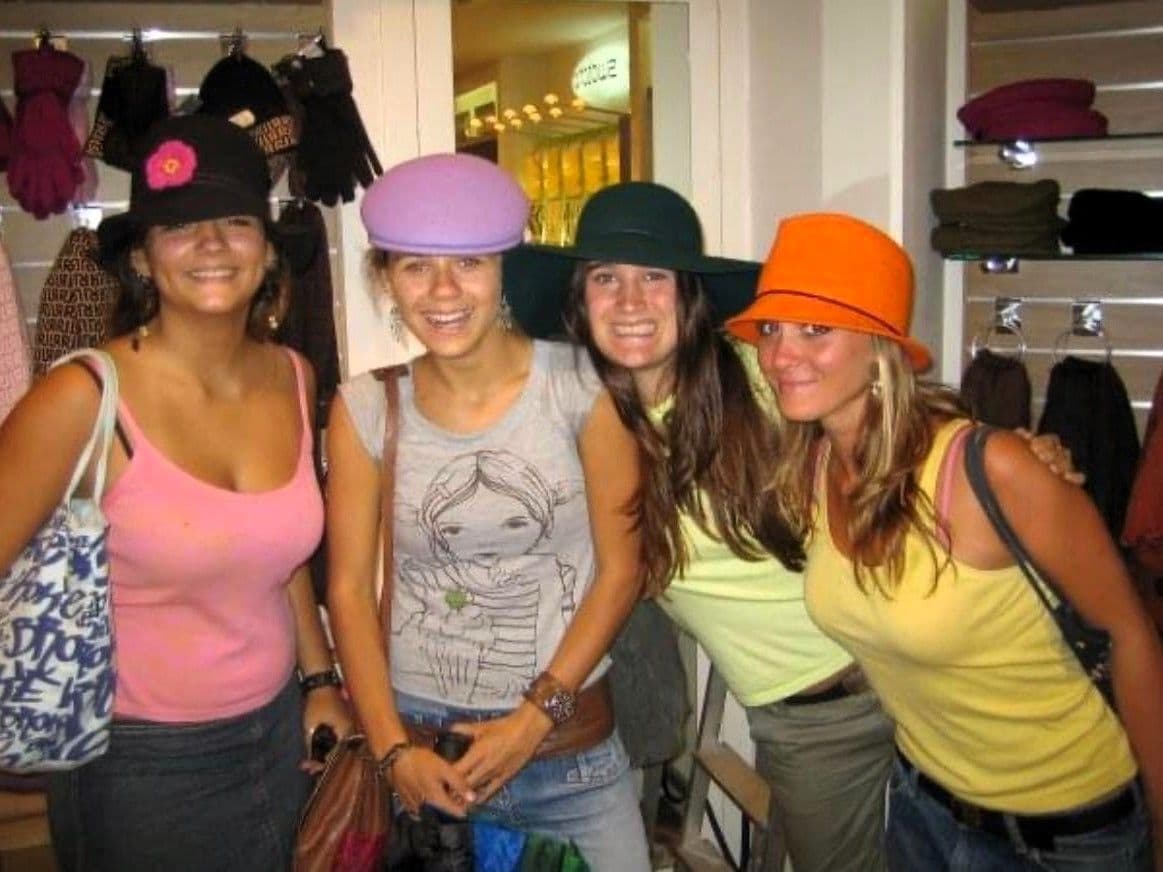
Get your hands dirty. If you're still deciding whether to do it, do it. Because somehow, even if you think it wasn't helpful for you, if you think you made a mistake by spending money on something like an experience or a job, even if you get it wrong and it's not what you want to do, you will have learned something; at the very least, you will have learned: "that's not what I want to do, but now I have experience in that field: I know what it is." And you can use that experience for something else. I don't want to sound cliche, but seriously, follow your passion. Doing everything you want to do is following your passion, and understanding what you don't want to do is equally valuable. Eventually, everything comes.